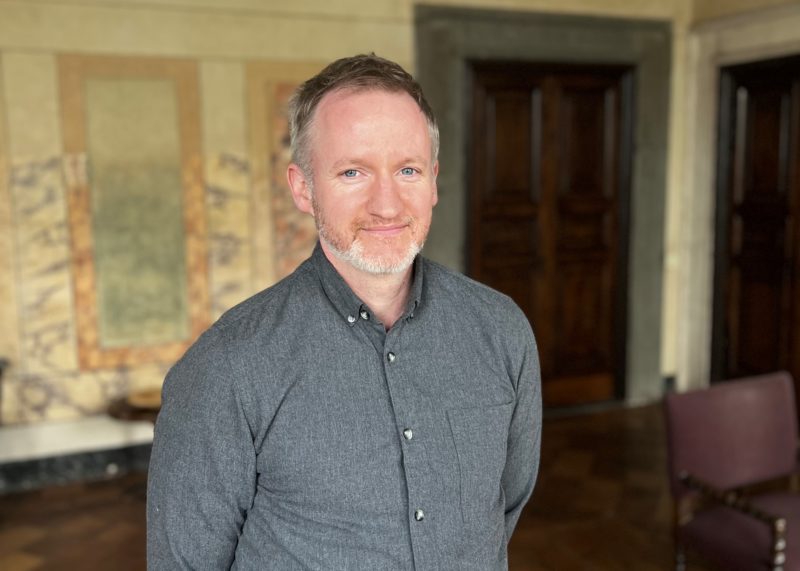The Institute’s current Wihuri fellow Jake Tippett introduces his doctoral research “Beyond the Doxa: Paradox, Agency, and Scepticism in Niccolò Machiavelli”:
“My doctoral research examines paradox, agency, and scepticism in the writings of the Florentine Renaissance thinker Niccolò Machiavelli. I intend to offer a fresh insight into Machiavelli’s thought and writings by reconsidering the import and significance that paradox, as both a literary device and a cultural strategy, has across a diverse, and often unexplored, range of his texts – his letters, poems, plays, and political works. Combining approaches from cultural and intellectual history, my endeavour is to explore and expound how paradox intersects with issues of agency and scepticism in his work. In doing so, I hope to show not only that paradox informed the central theoretical preoccupation his work has with human agency, but that he also utilised the paradoxical form as a tool to facilitate his own creative and artistic acts of agency. Furthermore, I wish to investigate the productive links that may be made in relation to these aspects of his work and Renaissance sceptical thought.
The antithetical, contradictory, and puzzling, character of Machiavelli’s work is widely acknowledged in the historiographical record concerned with his work. Machiavelli, as is well known, was an eminently paradoxical writer. However, while this may be acknowledged, a lack of proper critical engagement with paradox still marks the field of Machiavelli studies. Scholarly interest in the paradoxical aspects of Machiavelli’s work rarely delves deeper than recognition of the shocking and morally irreverent aspects of his work, or its ambiguous character. Moreover, enduring influential readings of, and approaches to, his work continue to contribute to the absence of critical consideration of the place of paradox in his writings. Here paradox has been subsumed into incompatible realist readings or subject to critiques that aim to solve the texts’ contradictions. Where the paradoxes of his work have engendered more profound explications they have often been read as the textual symptoms of an artistic failing. This critical lacuna has also typified questions regarding Machiavelli’s connection to Renaissance scepticism. Histories of Renaissance scepticism have tended to focus on locating stable philosophical positions in a way that has worked to side-line the productive articulations that, as I will argue, can be made between Machiavelli – and, more generally, paradoxical discourse – and Renaissance sceptical thought.
I trace sites of paradox in Machiavelli’s texts into the Italian Renaissance culture of paradox, which offers a unique framework in which to situate and read his work. To inform and elucidate this contextualisation of his work, I critically employ a number of theoretical concepts. The root theoretical paradigm, upon which the work is grounded, however, derives from linguistic theory and its recent deployments in recent historical theory. By drawing on language, cultural and historical theory, I offer a novel re-thinking not only of the significance of paradox in Machiavelli’s work but also present a new theory of the way paradox functions to challenge orthodoxy and discursive regimes, and thus, how it operates as a powerful facilitating instrument of human agency.”
Since 1965, Jenny and Antti Wihuri Foundation have awarded an annual scholarship to a doctoral researcher who conducts research in one of the research fields of the Institute.


